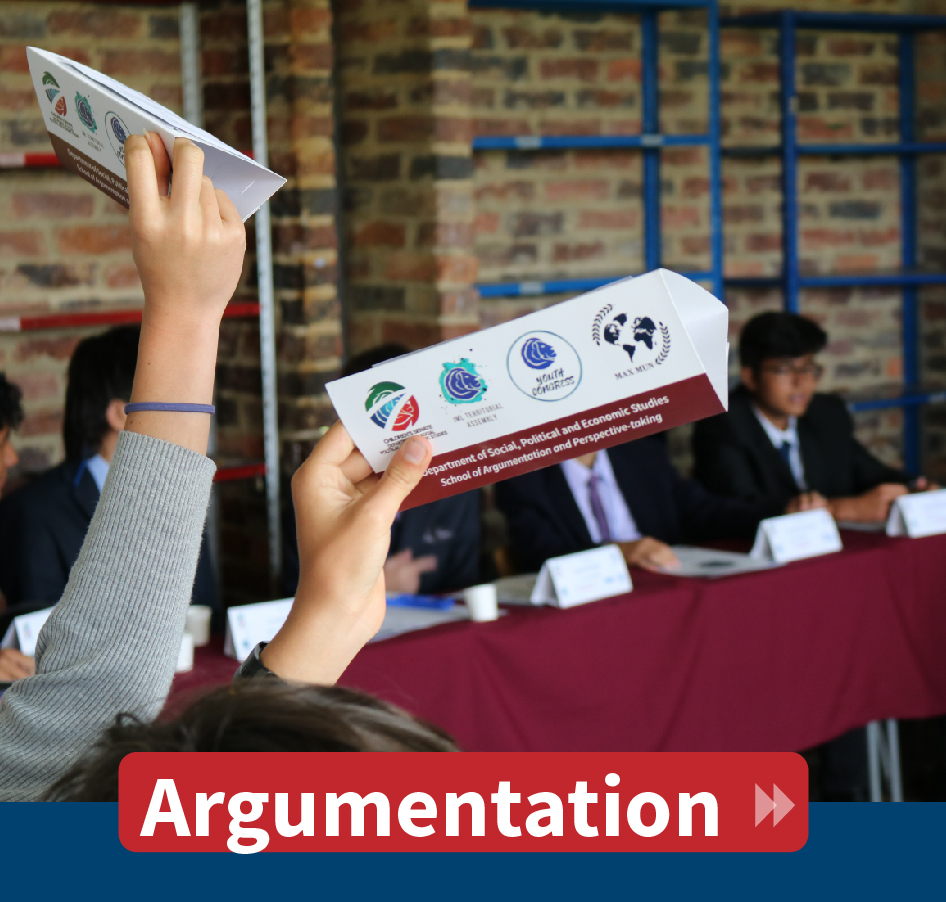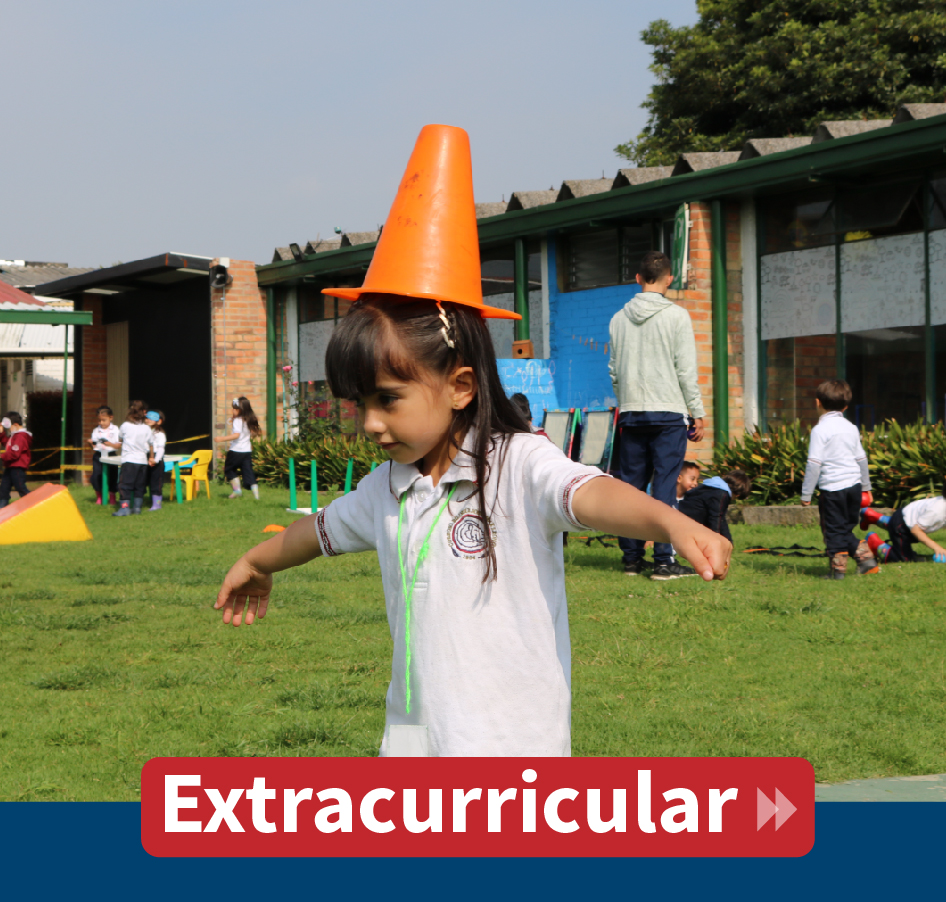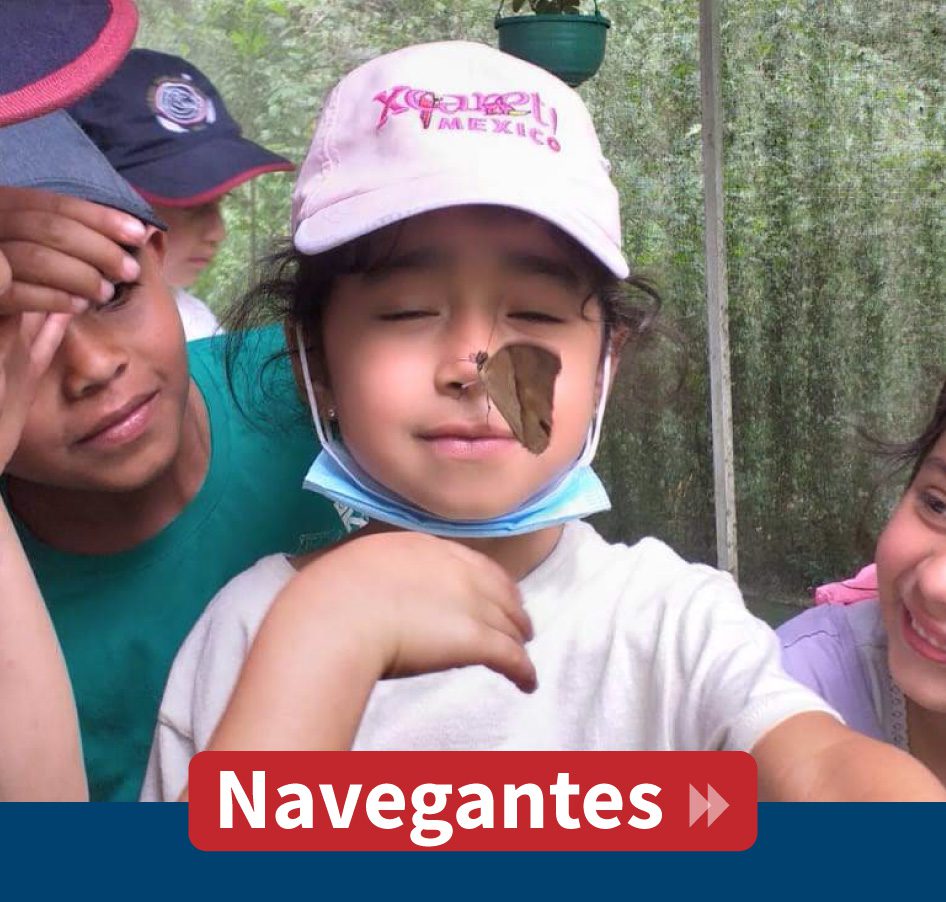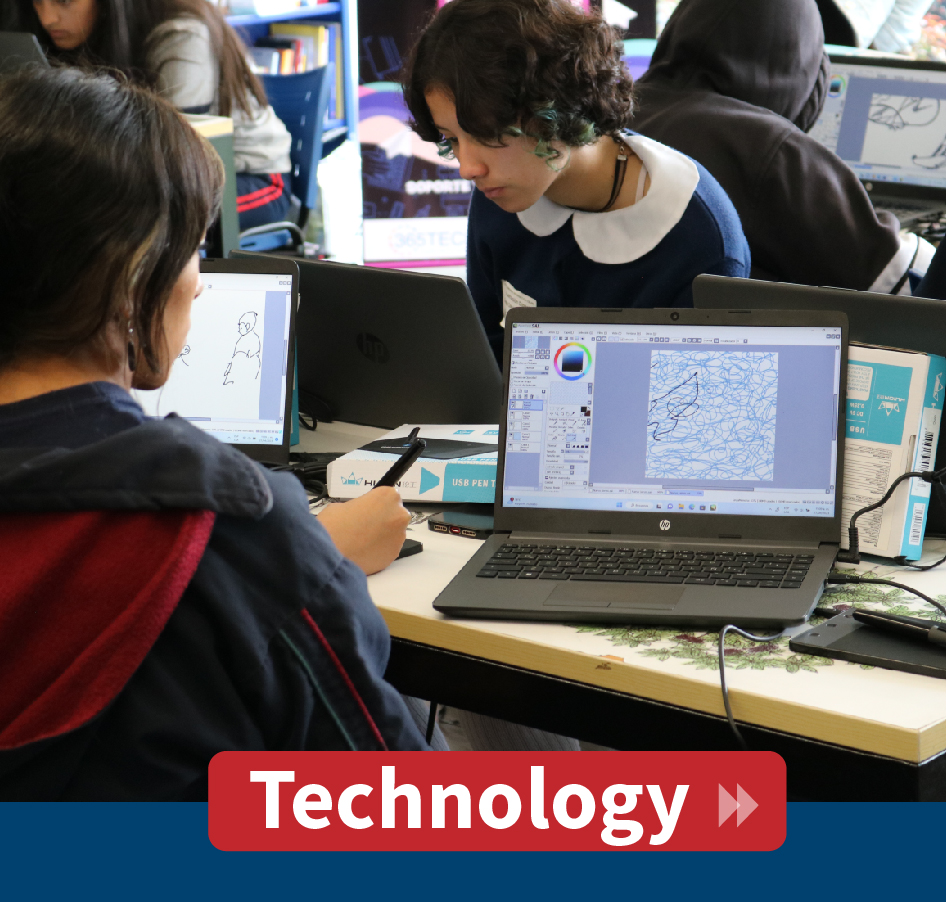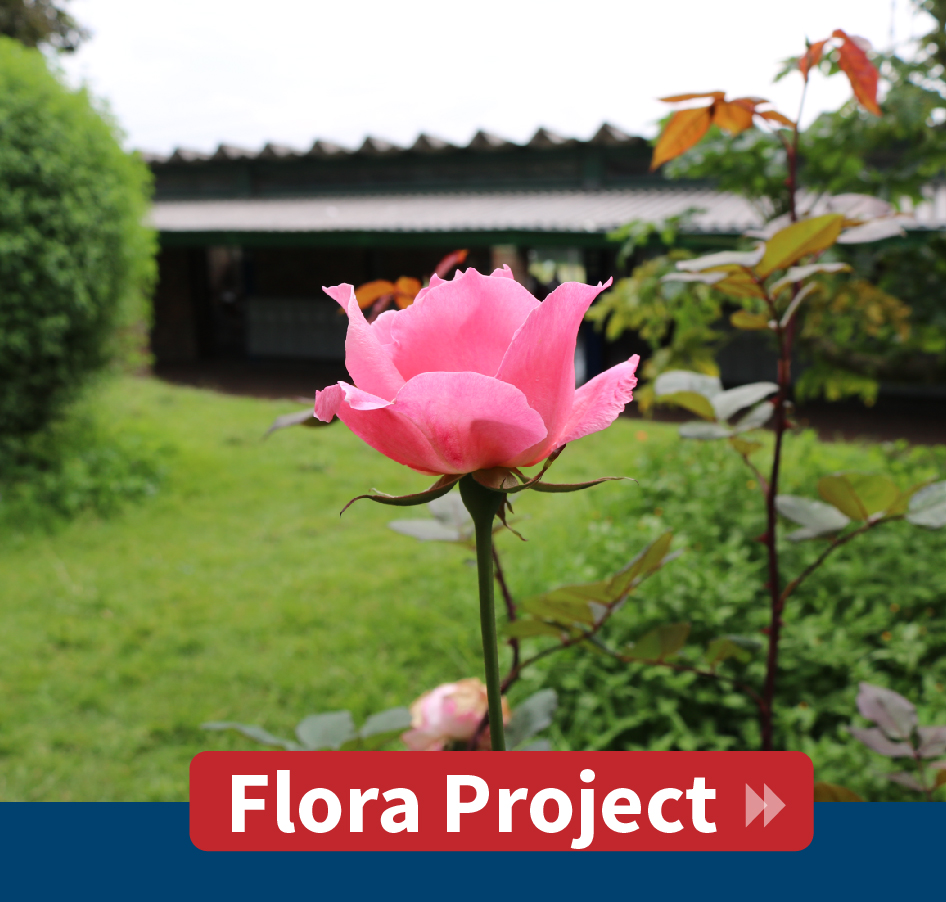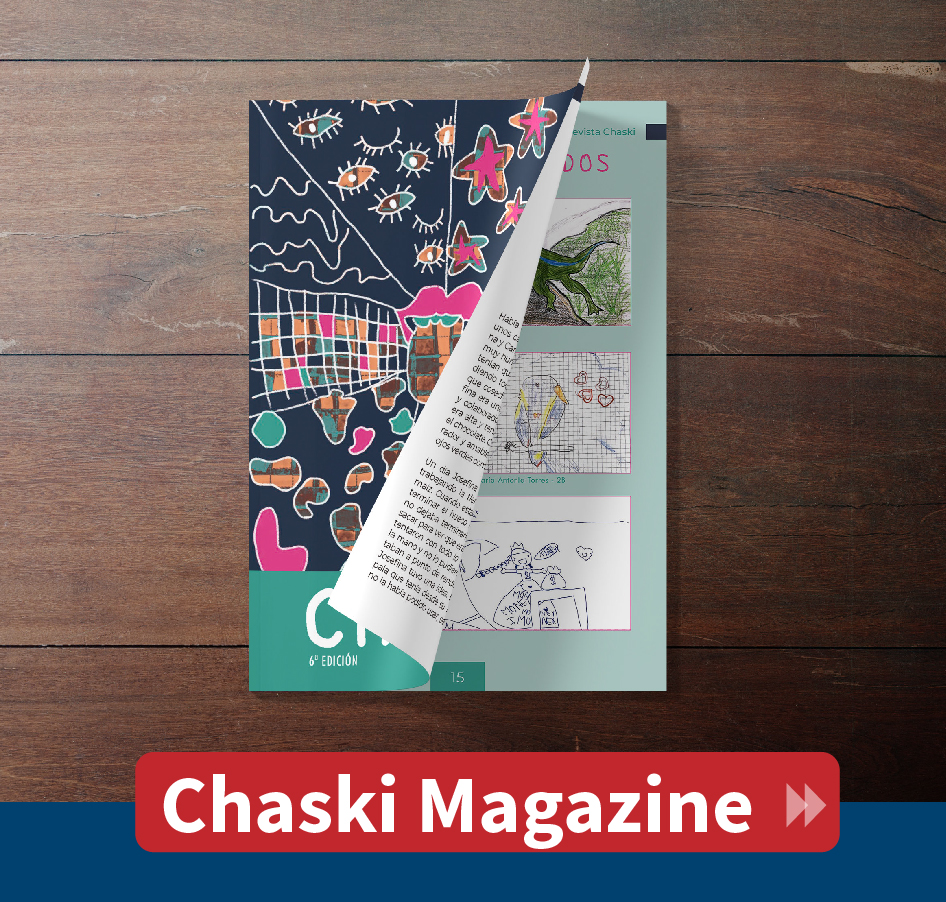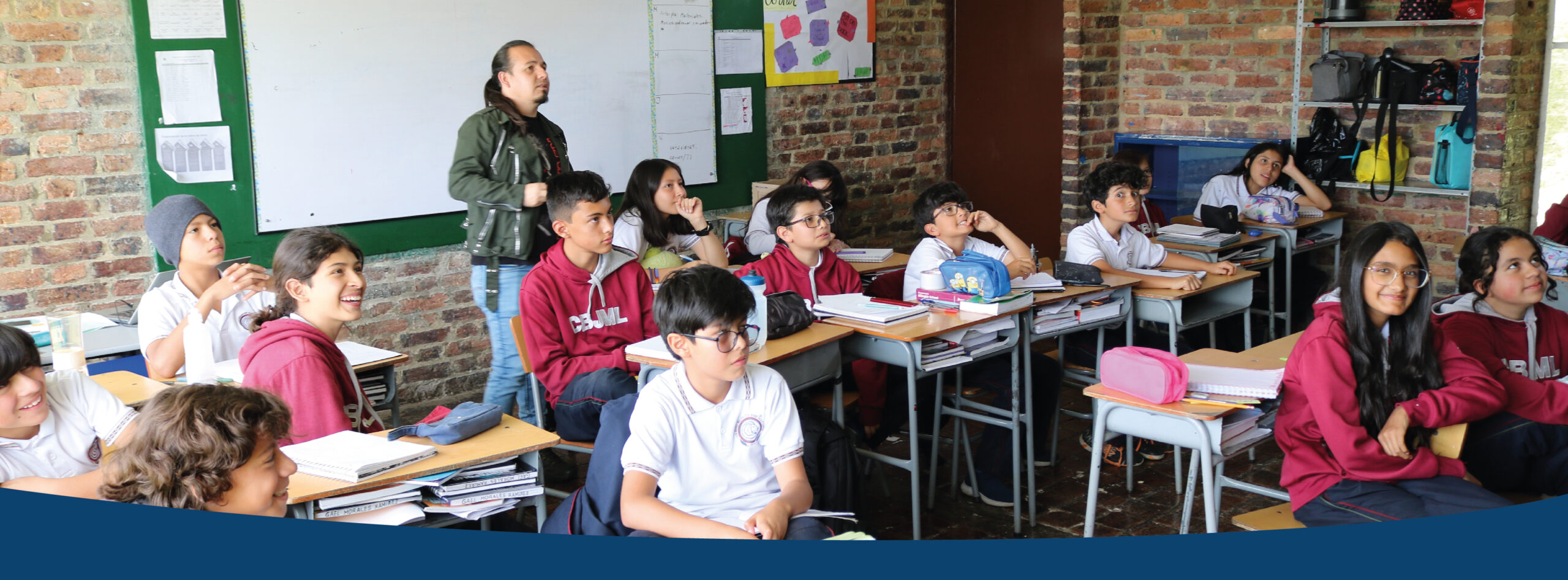
Significant Development Experiences are learning situations that, intentionally and procedurally, allow the development of skills.
Significant Experiences can be approached and resolved from multiple perspectives (dimensions of area, theories, paradigms) and in different degrees of complexity (according to the level of thinking and development of the students).
ESD (projects, work plans, experiments, learning tasks) can start from problems, questions, events, proposals, needs, always with the aim of developing skills and abilities.

How does a Meaningful Experience work?
It begins with the approach to students of a combination of options and responsibilities, concepts, cognitive skills, cooperative work and practical activities within an authentic environment of the real world, which allows them to solve their daily problems from the articulation of knowledge, didactics and strategies from the different disciplines.
All this with the aim of achieving a positive impact on people’s quality of life, developing creativity, leadership and skills for the 21st Century, criteria that frame Critical Responsibility as a hallmark that characterizes the Leonist student.
Elements of Significant Experiences
-
Context.
-
Practices and skills.
-
Abilities.
-
Knowledge from one or more disciplines of knowledge.
-
Subjects who act and participate.
Characteristics of Significant Experiences
-
Limited in scope and time.
-
Arises from a problem situation.
-
Has a relevant context.
-
It is oriented to the development of disciplinary and transversal competences.
-
It is concretized and visualized in a product and/or problem solution.


